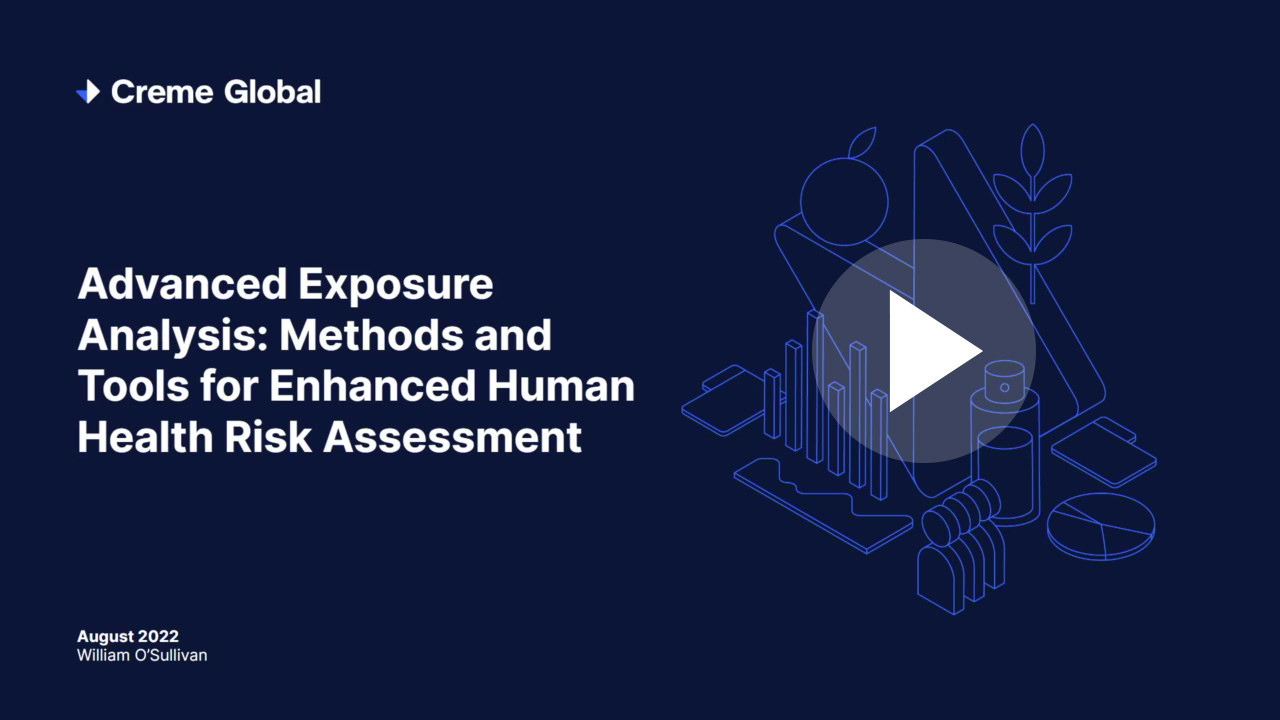Caffeine can be a controversial topic – many espouse its benefits while others remain wary of the negative associations. Caffeine, even in low doses, may increase alertness and improve performance efficiency tasks. However, high doses of caffeine may increase anxiety, nervousness and restlessness1. Caffeine can be found in many of the drinks & foods we consume on a daily basis – so how much caffeine are we actually consuming? And is it safe?
This year, The European Food Safety Authority (EFSA) Panel on Dietetic Products, Nutrition and Allergies (NDA Panel) delivered a scientific opinion on the safety of caffeine and indicated that 400mg of caffeine per day is not associated with adverse health effects for healthy adults. This is equivalent to approximately 4 x 8oz cups of coffee. For pregnant women, the safe limit for caffeine consumption is up to 200mg per day (2 x 8oz cups).
More specifically, single doses of caffeine up to 200mg are safe for healthy adults, especially when consumed less than two hours prior to intense exercise under normal environmental conditions. However, EFSA noted that single doses of 100mg of caffeine prior to sleeping may increase the length of time it takes to fall asleep and decrease sleep duration. For children and adolescents, 3 mg/kg of body weight per day did not give rise to safety concerns. So, do the levels of caffeine we consume on a daily basis fall within these safety ranges?
Caffeine concentration data is available for foods and beverages in the E.U.2 and the U.S.3.
At Creme Global, we can calculate daily caffeine consumption of various nationalities using caffeine concentration data such as that outlined above and national dietary surveys. To find out more about Creme Nutrition® and its capabilities, please contact us.
More information:
1. Smith, A. (2002). Effects of caffeine on human behavior. Food and Chemical Toxicology, 40, 1243-1255.
2. EFSA Journal 2015;13(5):4102 [120 pp.].doi: 10.2903/j.efsa.2015.4102. Available at:
http://www.efsa.europa.eu/en/efsajournal/pub/4102
3. Laszlo P. Somogyi. (2011). Caffeine Intake by the U.S. Population. Available: http://www.fda.gov/downloads/aboutfda/centersoffices/officeoffoods/cfsan/cfsanfoiaelectronicreadingroom/ucm333191.pdf. Last accessed 13th Oct 2015.



